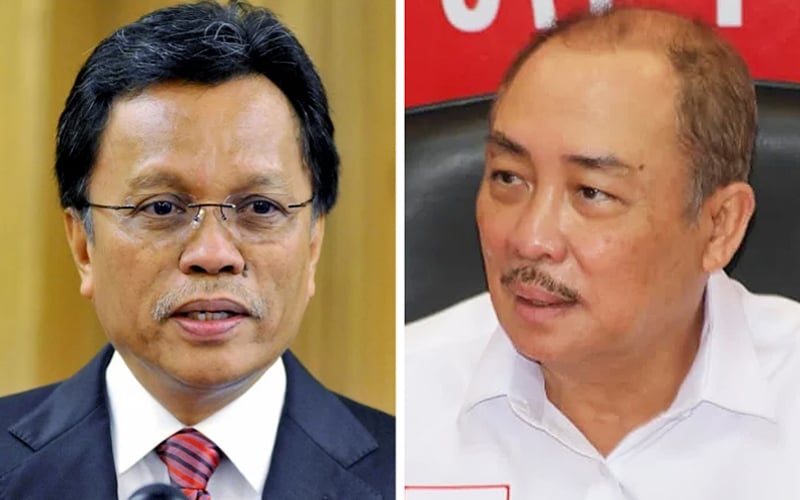
PETALING JAYA: A Sabahan voter may challenge an amendment made to the state constitution last year that allows its governor to appoint the chief minister, a constitutional lawyer said.
Bastian Pius Vendargon said the opportunity to do so has opened up now that the locus standi requirement to bring such a case has widened.
However, he said, the intended applicant would still have to cross the “justiciability” hurdle to have the merits of the case heard.
“The amendment would be a good argument for a challenge since the preliminary issue of locus standi has been widened by the Federal Court in two recent decisions,” he said.
Vendargon said the next question for consideration is whether the amendment violates the Federal Constitution or offends against the Westminster model of parliamentary democracy.
“But the court may not want to hear the merit of the case if such a matter is best left for the legislature to decide,” he said.
The lawyer was commenting after Sabah opposition leader Shafie Apdal vowed to reinstate Article 6(7) in the state’s constitution which allows its head of state to appoint the leader of the party with the most seats in the state as its chief minister.
On May 25 last year, the state assembly passed a law to stop party hopping, but at the same time, gave the green light to repeal Article 6(7).
This issue had its beginnings after the Sabah state election held on Sept 26, 2020.
Warisan Plus – a coalition which included DAP, PKR, Amanah and Upko – contested against a then loose GRS coalition comprising Perikatan Nasional (PN), Barisan Nasional and PBS.
Warisan, led by its president and then chief minister Shafie, won 23 of the coalition’s 32 seats in the 73-seat assembly.
The GRS grouping, however, claimed victory after winning 38 seats, with PN, led by Hajiji, securing 17 seats, Barisan (14) and PBS (seven).
Three independent candidates also pledged support for the GRS faction at the time.
Hajiji was appointed chief minister.
Lawyer Douglas Lind said although Article 6(7) has now been repealed, the amendment does not rectify the illegality of Hajiji’s appointment in 2020.
“It follows that the Cabinet he set up is illegal as well,” he said, adding that Shafie, the Senallang assemblyman, ought to have been reappointed as chief minister.
Lind said Article 6(7) must be read together with Article 6(3) which states the governor appoints a chief minister who in his judgement is likely to command the confidence of a majority of the other 72 elected members.
However, lawyer Tengku Ahmad Fuad said the GRS-led government acted prudently, lawfully and decisively in repealing Article 6(7) as it was enacted in the 1990s under the then Parti Bersatu Sabah government.
“It was so imprecise and poorly drafted that it led to confusion as to who, how and when the governor should appoint a chief minister,” he said in a statement.
Moreover, he said that provision formed the basis of Warisan-Umno’s misguided attempt to take over the Sabah government in January last year.
“Thus, Article 6(7)’s imprecision and lack of clarity constituted, substantially, the root cause of political instability and constitutional uncertainty in Sabah,” he added.
The lawyer said the fundamental defect of Article 6(7) is that it is inconsistent with a fundamental principle of parliamentary democracy.
“By specifying the ‘leader of the political party’ with a ‘majority of elected seats’, Article 6(7) assumes that those assemblymen will simply support their party leader as chief minister.
Additionally, he said the governor’s hands were tied because the party leader with a majority of seats is automatically deemed to command the assembly’s confidence.
“Therefore, the governor cannot hear or consider the views of assemblymen as a result of Article 6(7).
He said parliamentary democracy requires that each assemblyman is answerable to his or her electorate and not their respective political parties.
Fuad said the GRS government should also have amended Article 7(1) which stipulates that an incumbent chief minister may be removed on grounds that he does not have the confidence of the legislative assembly as determined in a vote.
“This will also put an end to the use of statutory declarations and other external and extraneous devices that have been used of late in either toppling a government or triggering a state election,” he added. - FMT



No comments:
Post a Comment
Note: Only a member of this blog may post a comment.